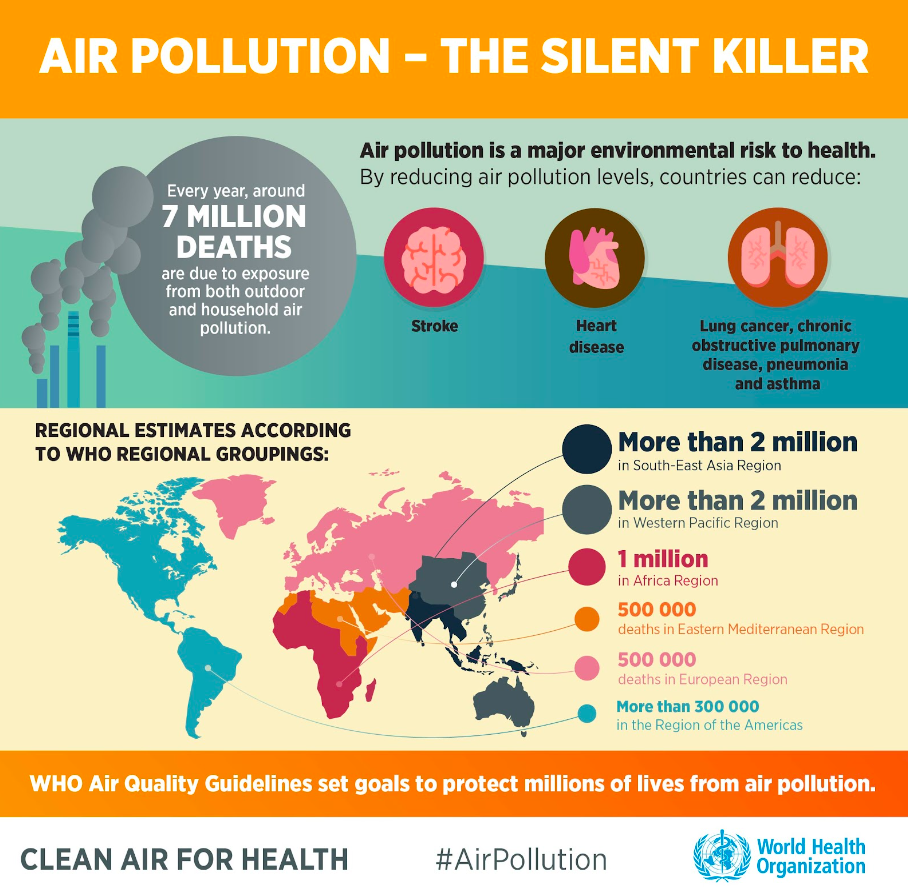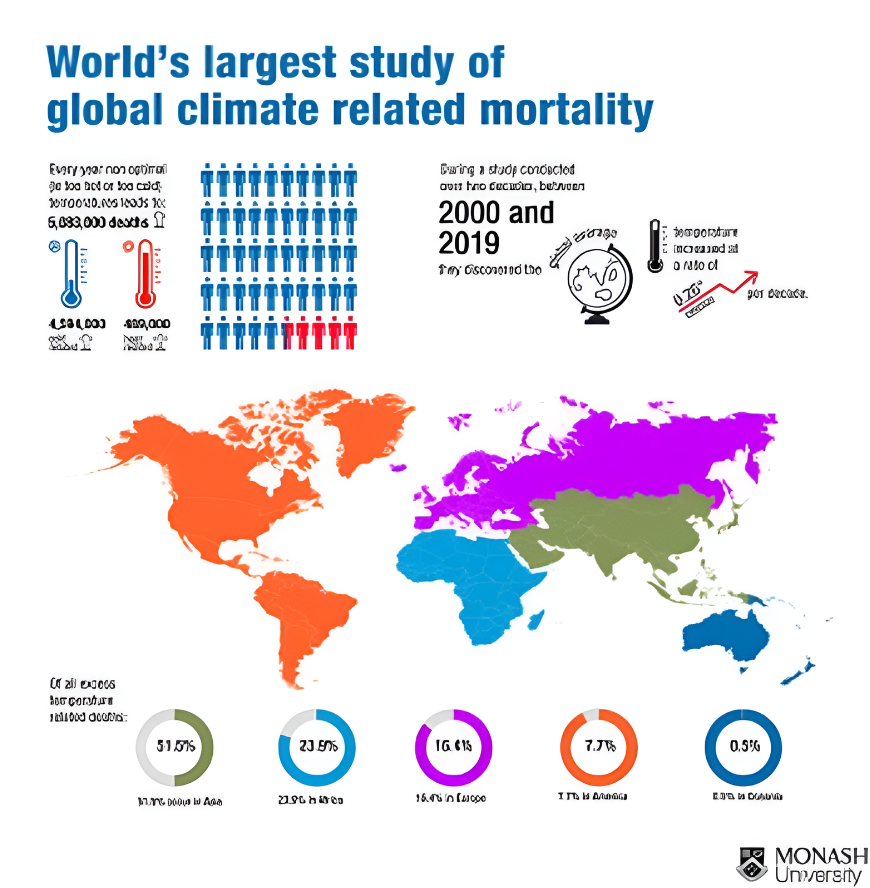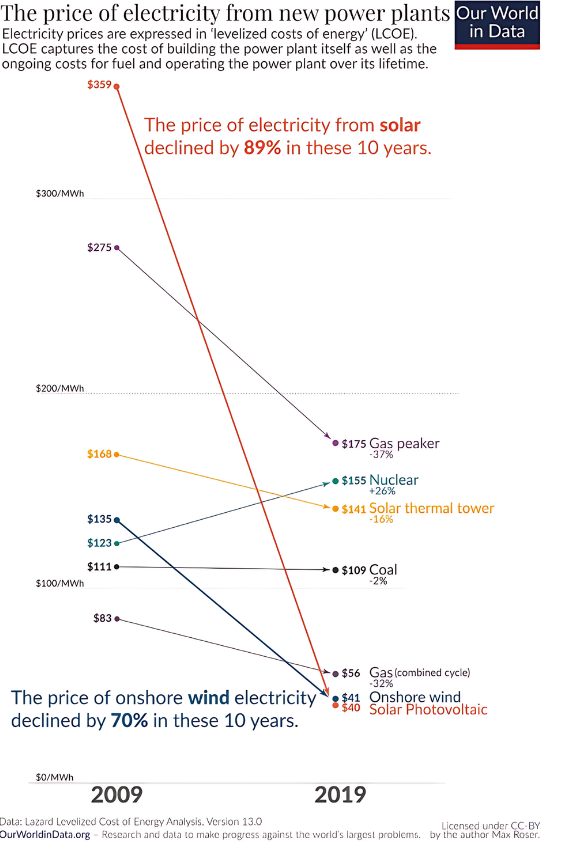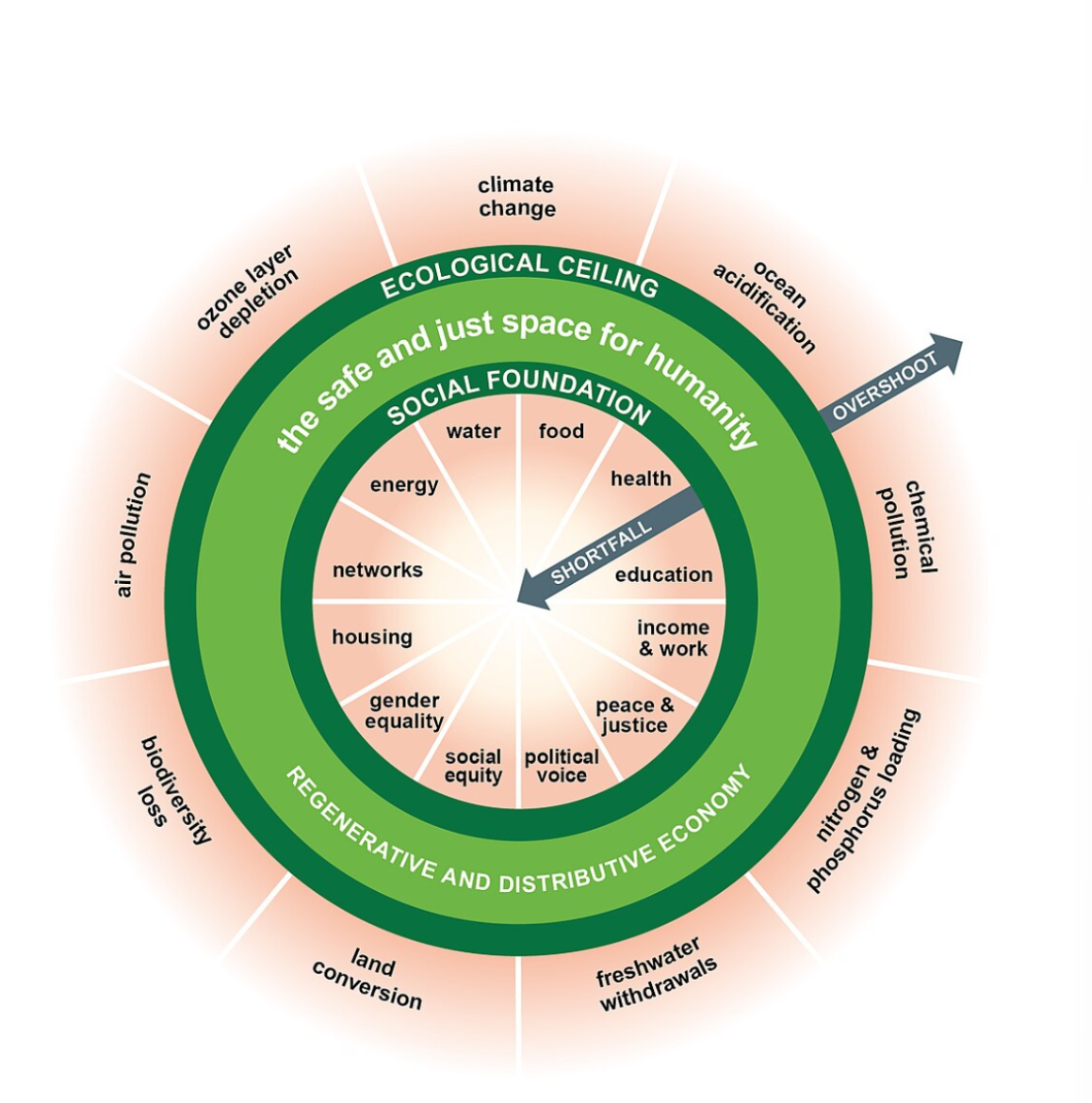Stop silently killing: The urgent sustainable action needed to save lives


· 10 min read
Sustainability is often framed as a distant concern, a matter of preserving the planet for future generations. While this is certainly true, it overlooks a crucial aspect: sustainability is fundamentally about caring for people right here and now. The link between human well-being and environmental health is undeniable, and the consequences of inaction are already manifesting in our daily lives.
Consider the grave issue of air pollution, a silent assassin that claims the lives of millions each year, as reported by the World Health Organization (WHO). Shockingly, a staggering 99% of the global population is exposed to air pollution levels that exceed the safe guidelines set by the WHO. This alarming statistic underscores the urgent need to address the immediate health impacts of unsustainable practices.

Most of the poisonous air pollution caused by humans stems from:
• Industrial pollutants emitted through manufacturing processes, power generation, and chemical production, releasing harmful substances such as sulfur dioxide, nitrogen oxides, and volatile organic compounds into the atmosphere.
• The transport sector plays a significant role in air pollution, too, with vehicles emitting pollutants like carbon monoxide, particulate matter from exhaust emissions, and rubber from tires.
• Construction activities contribute to air pollution through dust and debris generated during building construction and demolition processes. Improper waste management practices, including open burning and landfill emissions, release pollutants into the air, further exacerbating air quality issues.
• Unclean cooking fuels, commonly used in households in developing countries, emit pollutants such as carbon monoxide, particulate matter, and volatile organic compounds when burned. These pollutants not only contribute to outdoor air pollution but also pose significant health risks to individuals in poorly ventilated indoor environments.
Air pollution is not just a matter of hazy skies and smog-filled cities; it has profound implications for human health. From respiratory ailments to cardiovascular diseases, the health effects of air pollution are wide-ranging and devastating. Each year, millions of lives are cut short prematurely due to exposure to toxic air pollutants.
Despite the overwhelming evidence of its harmful effects, air pollution continues to plague communities around the world. Air pollution is a highly complicated issue because it is often caused by ‘development’ in the first place. Imagine what kind of educational, health, and recreational facilities a coal plant could power! This is not to advocate for the usage of poisonous fossil fuels but rather to make it explicit that air pollution does not have a quick fix. Sustainability is a multi-dimensional paradigm that builds on ecological and social goals, both of which are highly interrelated through positive feedback and tradeoffs. It is, therefore not simply a matter of individual choice or behavior; it is a systemic issue that demands collective action from governments, industries, and individuals alike.
Unfortunately, the path we are currently on will lead to devastating impacts in the future. For example, now, annually, more than 5 million deaths can be attributed to abnormal temperatures, which will exacerbate in the future. If you add the issue of air pollution, plastic waste, and biodiversity collapse to the equation, it becomes evident that we are entering catastrophic times.

To truly care for people means to care for the world they inhabit. It means recognizing the profound interconnectedness of environmental and human health and taking decisive action to address the root causes of our current crisis. This necessitates a paradigm shift in how we perceive sustainability, moving away from a narrow focus on environmental conservation towards a holistic approach that prioritizes human flourishing.
Fortunately, there is a glimmer of hope. The global momentum towards sustainability is gaining traction, driven by an increasing awareness of the urgent need for action to keep global warming under 1.5C. Governments, industries, and individuals are beginning to recognize their role in shaping a more sustainable future. This growing movement is a testament to our collective potential to create a better, healthier world.
However, progress is not happening quickly enough. The magnitude of the challenge necessitates bold and ambitious action on all fronts. Governments, industries, and individuals all have a crucial role to play. Governments could enact stringent regulations to restrict emissions and accelerate sustainable technologies. Industries could embrace sustainable practices that prioritize human health and well-being, developing products and services that benefit society both in the short and long term. And individuals could make conscious choices in their daily lives to reduce their environmental footprint and advocate for systemic change. It is only through this collective effort that we can truly make a difference.
But business as usual is not creating the change we need, it continues to kill and will only kill more in future. So what now?
Someone has to take the lead. Companies existing to make profits can point the finger at the individual consumer. After all everything they make or sell is bought by them, inherently there’s a strong argument to say they put People First; if they didn’t, they would be out of business. Individuals can point the finger right back at the companies to say they don’t have affordable sustainable options to choose from. And everyone can point the finger at Governments - isn’t their purpose to ensure the well-being of society. Why would we suddenly make an individual citizen or a company responsible for this? How can those two diverging storylines lead to sustainability?
It is imperative that governments take the lead in driving sustainability initiatives, leveraging their authority to enforce regulations and incentivize industries to prioritize environmental stewardship. While individual actions are crucial, systemic change on a global scale necessitates coordinated efforts led by governing bodies.
The COVID-19 pandemic serves as a powerful example of the efficacy of government-led initiatives in addressing global crises. Governments around the world took decisive action to combat the spread of the virus, implementing lockdowns, mask mandates, and vaccination campaigns. Despite facing initial skepticism and resistance, these measures were necessary for the greater good, illustrating that democracy is not solely about making popular decisions but about electing leaders to make tough choices in times of crisis.
One of the most remarkable achievements of government-led action during the pandemic was the rapid development and production of vaccines. In just one year, governments collaborated with pharmaceutical companies to produce and distribute vaccines on an unprecedented scale, demonstrating the potential for effective government intervention in times of crisis.
Similarly, governments must spearhead efforts to combat climate change and promote sustainability. By implementing regulations that limit emissions, incentivizing the adoption of renewable energy sources, and investing in green infrastructure, governments can create an environment where sustainable practices are not only encouraged but economically viable.
The decline in the price of solar power offers a compelling example of the impact of government and industry collaboration in driving sustainability. Through subsidies, tax incentives, and research funding, governments have played a crucial role in advancing solar technology and making it more accessible to consumers. As a result, the cost of solar power has plummeted in recent years, making it the cheapest electricity source ever and increasingly contributing to reductions in carbon emissions around the world.

Moreover, governments should lead by example, incorporating sustainability principles into their own operations and procurement processes. By setting ambitious sustainability targets for government agencies and investing in green initiatives, governments can demonstrate their commitment to environmental stewardship and inspire others to follow suit.
In this way, Governments can reshape our future by using the power given to them to:
• Grow the market for Sustainable goods & services
• Catalyse the innovation and development of new sustainable goods & services
• Reduce the costs of sustainable goods & services
When governments lead, the rest must follow.
To overcome the urgent need to fight air pollution and improve human flourishing simultaneously means thinking of radical change. Radical change is nothing less than tackling a problem at its root and changing systems. It is evident that the root cause of air pollution is the capitalist economic system we are currently embedded in, which builds on exploitation, extraction, and exclusion. Capitalist structures will always choose profit over people, and this is something people will need to change in order to create a world that would allow for human flourishing.
What would changing systems mean? Changing systems in practical terms would mean (i) redesigning our urban areas to reduce people’s dependency on dirty and dangerous cars, (ii) creating energy systems that focus on sufficiency and decentral energy production, and (iii) enabling people to retake ownership of their communities. Capitalist structures, e.g., giant firm conglomerates funded by big governments, have reigned over people’s choices for too long. Radical change would require this to be turned around.
Radical change at the systemic level would mean that people can again decide what activities are to be performed in their local communities. Rather than big companies putting their poisonous infrastructure in their vicinity, people would be able to decide which stakeholders will be allowed to do which business in their community. Furthermore, this radical change would mean that the profit-addicted system would be replaced by one that is based on sufficiency and care, which would transform the way we would do economy. Thirdly, to ensure that new technological innovations can transform polluting sectors that are hard to change, bottom-up innovations at the grassroots level shall be supported. This would mean that we would need to rethink our human embeddedness in nature, too. The Doughnut framework provides a wonderful example of how this can be envisioned by highlighting that (i) there are some minimum societal needs that need to be fulfilled, (ii) while our activities are embedded in an ecological ceiling. Coming back to the example of air pollution, it is evident that the case for/against fossil fuels is not straightforward.

It is too late to trust governments and big businesses to do good for the world. Our capitalist and profit-driven system doesn’t allow for human flourishing and well-being, and we therefore have to ensure that people can take the lead in sustainability transition processes.
Whatever storyline we choose, at the heart of this collective effort lies a simple but powerful truth: caring for people means caring for the world. When we prioritize the health and well-being of individuals, we create a ripple effect that extends far beyond individual lives. We create communities that are resilient, equitable, and sustainable, capable of weathering the challenges of an uncertain future.
In the end, sustainability is not just about preventing climate change or preserving the environment; it's about creating better lives for humans here and now. It's about ensuring that every person has access to clean air, safe water, and healthy food. It's about building a world where future generations can thrive, free from the shackles of environmental degradation and social inequality.
The time for action is now. We cannot afford to wait for a distant future to take decisive steps towards sustainability. The health and well-being of billions of people depend on it. Let us rise to the challenge together, united in our commitment to caring for people and caring for the world. Which part of the story are you at?
illuminem Voices is a democratic space presenting the thoughts and opinions of leading Sustainability & Energy writers, their opinions do not necessarily represent those of illuminem.
illuminem briefings

Carbon · Environmental Sustainability
illuminem briefings

Carbon Regulations · Public Governance
illuminem briefings

Climate Change · Environmental Sustainability
Politico

Climate Change · Agriculture
UN News

Effects · Climate Change
Financial Times

Carbon Market · Public Governance